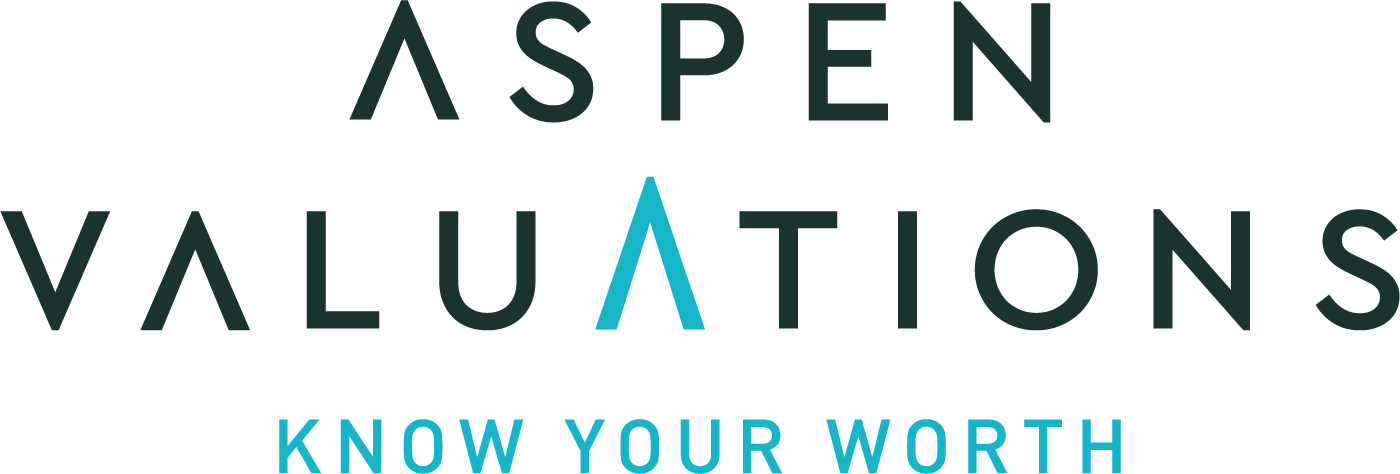Top 5 considerations when getting your business valued
3 min read.
Before engaging a valuation firm to carry out a business valuation, there are several important issues a business owner needs to consider to ensure they’ll receive a value opinion that is most relevant and accurate for their case.
1. Determine the purpose of your business valuation.
This is important as it dictates which of several different “standards of value” are appropriate. Fair Market Value (FMV) is the most common approach. FMV is determined based on several important assumptions including “a highest price” transacted by a “willing buyer and willing seller” with access to the same information about the business.
Valuations conducted for the purposes of income tax, shareholder buyout or a divorce require the use of the fair market value, but a sale to a third party may call for a different standard such as investment value. This standard of value focuses on the amount a particular investor may be willing to pay for the business. This value is more subjective than the fair market value as investment value incorporates the anticipated potential for business growth and increased profitability due to synergies between the acquiring and acquired business entities.
2. Identify the potential purchaser.
This governs the choice of valuation standard. When family members or key employees are assuming ownership, fair market value is most appropriate because it assumes the company will continue with a level of profitability consistent with past performance.
Investment value is often better suited for potential sales to outside buyers since they likely bring a strategic interest or specific motivation for the acquisition. These strategic buyers, although prefer to pay the fair market value, would consider the synergies and economies of scale that they could benefit and may be willing to pay the higher investment value. Investment buyers can be a direct competitor, other industry players looking to expand a service or product or private equity firms.

3. Determine the timing of the valuation.
Valuation reflects the market value of a business at a point in time. Changes in industry, market or economic conditions can alter the company’s financial performance and outlook dramatically. More importantly, business valuations performed a few years or even a few months ago may no longer reflect the current operations of a business in many situations, especially when gaining or losing important customers. It’s important to update your business valuation regularly.
4. Project a normalized profit going forward.
This is the most important consideration in any business valuation. While historical profitability is usually relied on to project a business’s future cash flows, operating expenses and revenue need to be carefully examined or normalized to eliminate non-recurring sales or costs, adjust owner compensation to the economic amounts, etc. Projected estimates of future profitability can remain quite speculative despite rigorous analysis and best efforts to normalize historical data.
5. The business risk profile.
A risk profile of a business is another key component of the value equation. It determines the appropriate valuation multiple a potential buyer would be willing to pay for this business.
Both internal and external risk factors would need to be examined. Internal risk factors are factors that are specific to the company such as relationships with customers and suppliers, recurring or non-recurring nature of revenue, competition, workforce quality, staff and employee training, degree of preparation for the owner’s transition out of the business. External risks are outside factors that impact the company and other industry participants such as industry trends, regulatory and legislative concerns as well as economic conditions.
Understanding how these five important factors that influence valuation allows owners to leverage valuation opinions effectively throughout exit/sale planning and negotiations. Contact us to learn more about the business valuation process and best practices to optimize your business value.
Book a free consultation with us to chat more.
